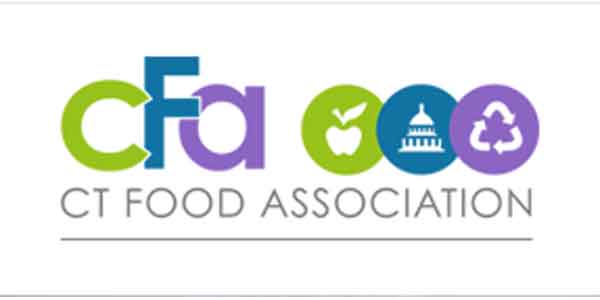Consumer Brands Association
Representing the Makers of the World's Favorite Food, Beverage, and Consumer Products
Supermarket Industry Facts
A supermarket typically makes 1.0-1.5% bottom line profit. For every dollar in retail sales, a supermarket makes just 1 penny to 1.5 cents.
Sales volume and expense control are the prime drivers of supermarket profitability.
Sales volume is determined by its share of disposable everyday consumable dollars in a store’s geographic trading area. Volume is affected not only by supermarket competition but by competition from mass merchants, club stores, drug stores, convenience stores, gas stations, dollar stores, etc. – all of whom sell everyday consumables. Volume is dependent on population, household disposable income, etc. Connecticut’s lack of population growth, lack of job creation, increases in property taxes, increases in income tax, increases in gas prices and utility costs, and high unemployment rate have reduced disposable income and put pressure on a supermarket’s ability to grow top-line sales.
Food purchases are one of the few controllable expenses in a consumer’s budget.
On the expense side, stores have met with increased unemployment taxes, higher insurance premiums, higher Works Comp rates, higher tax rates, higher electricity and gas prices and expenses to comply with federal and state regulations. Only supermarkets are required to comply with country of origin labeling (COOL) regulations. Convenience stores, gas stations, and dollar stores with less than 50 employees are not covered by mandated paid sick leave.
Recent state legislation such as the expanded bottle law and paid sick leave increase the pressure on a store’s bottom line. A supermarket loses 2-4 cents on every container it handles under the bottle law. A total solution such as curbside single stream recycling would be a far more comprehensive solution- cutting a town’s tipping fees and generating revenue from recyclables and creating jobs. Paid sick leave, in an industry with a 30/70% full to part-time ratio with high turnover, is costly to administer and an expense which has the potential to cut bottom line earnings by a third. Tim Devanney of Highland Park Market, a four store chain, estimates that it will cost his company $140,000. Why does the legislature not realize that there are only so many dollars that a retailer has to cover the cost of benefits? Why does the legislature not realize that when it mandates additional expenses on the retail sector, costs will be eventually passed onto consumers and the economic effect that this will have?
Supermarkets generate revenue for many community based small businesses including electricians, plumbers, repair and maintenance companies, recyclers and carting companies, and banks. They create opportunities for small regional producers of specialty food products.
Most supermarkets operate pharmacies departments in their stores. The recent decision to convert the state employee’s drug plan to CVS mail order only has a major negative effect on a supermarket’s profitability and will reduce staffing of pharmacies.
